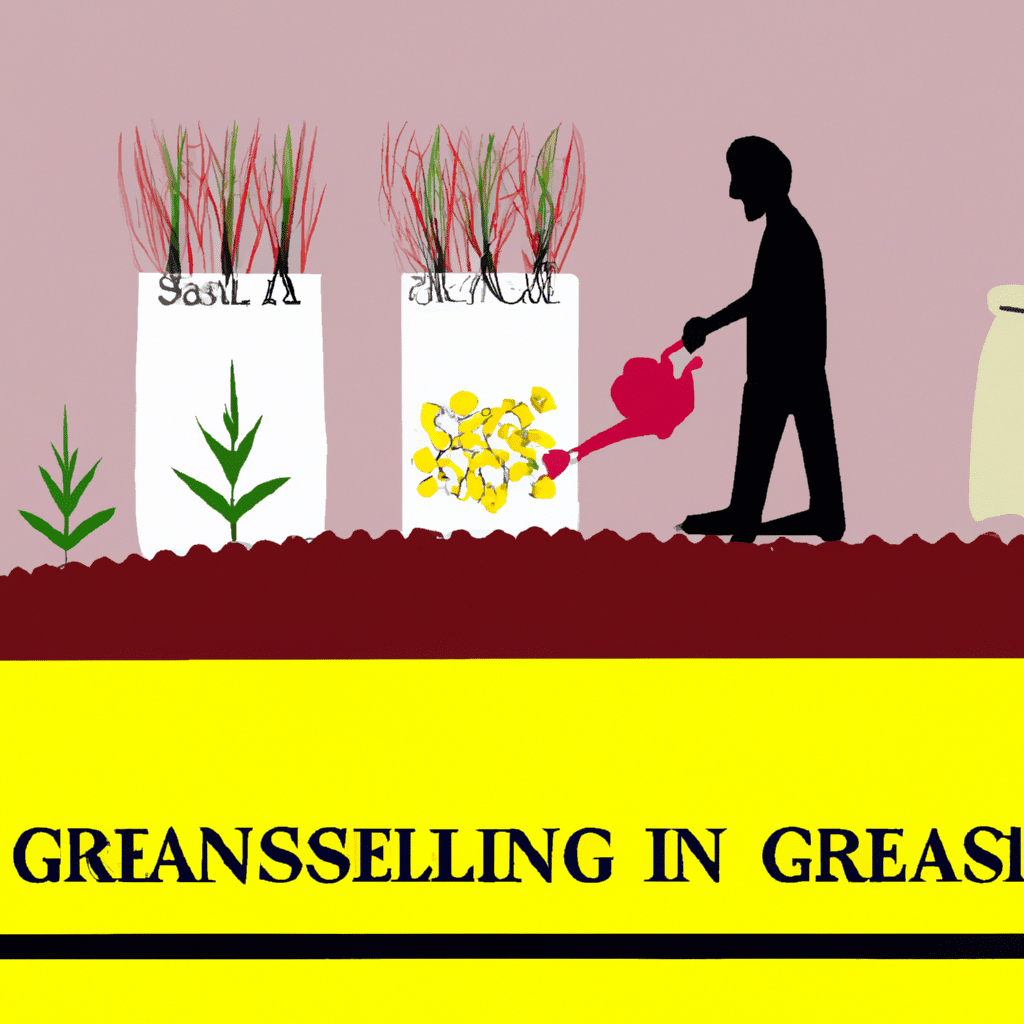In recent years, the demand for organic produce has been on the rise. Consumers are becoming more conscious of the potential health and environmental benefits of consuming organic fruits and vegetables. As a result, organic farmers have been working tirelessly to meet this growing demand while also revolutionizing the supply chain to ensure efficiency and sustainability. In this article, we will explore the various ways in which organic farmers are transforming the supply chain from seed to supermarket, and how their efforts are shaping the future of agriculture.

The Organic Farming Revolution
Organic farming, as opposed to conventional farming, is a holistic approach that focuses on sustainable practices and the use of natural inputs. Organic farmers prioritize the health of the soil, biodiversity, and animal welfare, while minimizing the use of synthetic chemicals and genetically modified organisms (GMOs). This method of farming not only benefits the environment but also produces healthier and more nutritious crops.
Sustainable Seed Selection
One of the key aspects of the organic farming revolution is the careful selection of seeds. Organic farmers prioritize using non-GMO seeds that are adapted to local conditions and have a high resistance to pests and diseases. They also focus on preserving and utilizing heirloom varieties, which are traditional and non-hybridized seeds that have been passed down through generations. By selecting the right seeds, organic farmers are able to produce crops that are better suited to the local environment, resulting in higher yields and improved quality.
Regenerative Soil Management
Healthy soil is the foundation of organic farming. Organic farmers employ regenerative soil management practices to improve soil health and fertility. This includes the use of compost, cover crops, crop rotation, and reduced tillage. By implementing these practices, organic farmers can enhance the soil’s ability to retain water, nutrients, and carbon, leading to increased crop productivity and reduced erosion. Moreover, regenerative soil management helps sequester carbon dioxide from the atmosphere, mitigating climate change and contributing to a more sustainable future.
Efficient Pest and Disease Management
Organic farmers employ a variety of methods to manage pests and diseases without relying on synthetic pesticides. Integrated Pest Management (IPM) techniques are widely utilized, which involve monitoring pest populations, introducing natural predators, practicing crop rotation, and utilizing physical barriers. Organic farmers also implement cultural practices, such as maintaining proper plant spacing and selecting disease-resistant varieties. By taking a proactive and holistic approach to pest and disease management, organic farmers are able to minimize crop damage while avoiding the negative impacts associated with chemical pesticides.
Local and Regional Collaboration
To further streamline the supply chain, organic farmers are increasingly engaging in local and regional collaborations. By partnering with neighboring farmers, they can pool resources, share knowledge, and collectively market their products. This collaborative approach not only reduces transportation costs and greenhouse gas emissions but also fosters a sense of community and strengthens the local economy. Consumers also benefit from this cooperation, as they have access to a wider variety of fresh and locally grown organic produce.
Advanced Technology and Data Analytics
In the digital age, technology has become an invaluable tool for organic farmers. From precision agriculture to data analytics, farmers are leveraging technology to optimize their farming practices and improve supply chain efficiency. Sensors and drones are used to monitor crop health and detect potential issues early on. Data analytics help farmers make informed decisions regarding irrigation, fertilization, and pest management. By harnessing the power of technology, organic farmers can maximize yields, minimize waste, and reduce overall costs, ultimately benefiting both the environment and consumers.
Conclusion
The organic farming revolution is not just about producing healthier and more sustainable food; it is also about transforming the entire supply chain from seed to supermarket. Organic farmers are at the forefront of this revolution, implementing sustainable practices, prioritizing soil health, employing efficient pest and disease management strategies, fostering local collaborations, and embracing advanced technology. Their efforts are reshaping the future of agriculture, paving the way for a more sustainable and resilient food system. As consumers continue to demand organic produce, it is essential to recognize and support the contributions of organic farmers in revolutionizing supply chain efficiency.



